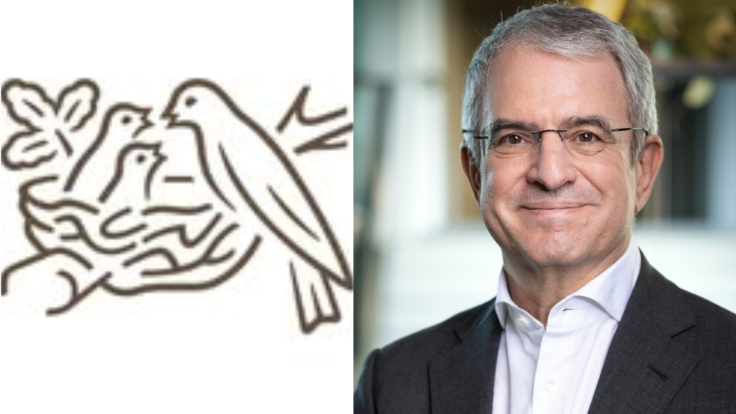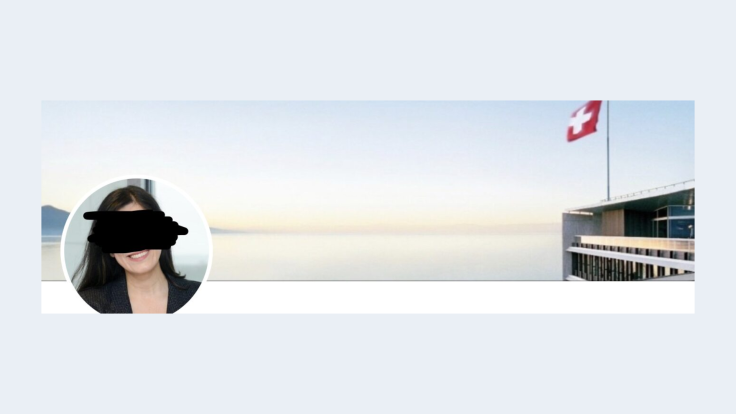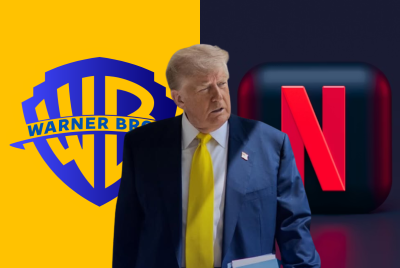Mistress of Nestlé's Ex-CEO Left Firm with 'Attractive Severance Package': Who is Laurent Freixe's Marketing Lover?
Ex-Nestlé CEO Laurent Freixe accused of affair with marketing executive who departed with a lucrative payout.

A senior executive of Nestlé has resigned after an internal probe of having a clandestine affair with a subordinate, sparking an office governance spat at one of the world's largest food giants.
Laurent Freixe, 63, resigned after the Swiss multinational initiated an investigation into his clandestine affair with a woman marketing executive.
The woman, who was not identified, also departed from the company. Swiss business magazine Inside Paradeplatz reported that she received an 'attractive' redundancy deal. Nestlé did not confirm the amount or details, citing staff confidentiality.
The Resignation and Investigation
Laurent Freixe was with Nestlé for 1986—a duration nearly four decades, and has held leadership positions across Europe, the Americas, and Latin America before serving as CEO in September 2024.
His dismissal came after a Swiss multinational initiated a probe upon receipt of a tip-off through Nestlé's 'Speak Up' whistleblower channel of having a clandestine affair with a subordinate, as Nestlé's Code of Business Conduct mandates avoiding conflicts of interest.
Analysts argue that failure to disclose such relationships likely violates policy. The company confirmed Freixe's resignation in late July, stating only that it has 'strict standards of integrity and transparency' but would not provide more details regarding the terms of his resignation.
The Marketing Executive's Departure
Swiss media described the marketing staffer at the centre of the scandal as a rising professional with a growing reputation. After Freixe's resignation, she also chose to leave the company. While Nestlé offered no official comment, Inside Paradeplatz reported that she received a severance settlement described internally as generous.

Corporate governance specialists note that such arrangements, while not unusual, can fuel perceptions of double standards or preferential treatment. The lack of public clarity has kept speculation alive in Swiss business circles.
Investor and Industry Reaction
The scandal has put fresh attention on Nestlé's culture and leadership oversight. Reuters reported that investors voiced concern about stability at the food giant, though the company was quick to reassure stakeholders that operations remain unaffected. Nestlé's global footprint is immense, with brands including Nescafé, KitKat, and Purina. Analysts argue that reputational issues at the top can have a ripple effect across markets.
A Zurich-based business professor told reporters: 'Governance crises matter not just to shareholders, but to employees and consumers who expect transparency from global brands.' Observers also drew comparisons to other multinationals, including McDonald's, which in 2019 dismissed its CEO over a failure to disclose a relationship with an employee.
What Happens Next
Nestlé's board has started the search for a permanent successor, while interim managers cover Freixe's responsibilities. Analysts expect the company may review its disclosure rules and internal reporting mechanisms in the wake of the case, though Nestlé has not announced any new measures. Training on conflicts of interest may also be expanded to prevent future breaches.
For now, both Freixe and the marketing staffer have left Nestlé, but their departure continues to spark debate in Switzerland about how corporations handle relationships in the workplace. Questions remain over whether women involved in such scandals are treated differently from influential male executives.
The case serves as a reminder of the delicate line between personal lives and corporate governance. For Nestlé, it is both a reputational challenge and an opportunity to demonstrate how one of the world's most recognisable companies intends to uphold accountability at the very top.
© Copyright IBTimes 2025. All rights reserved.





















